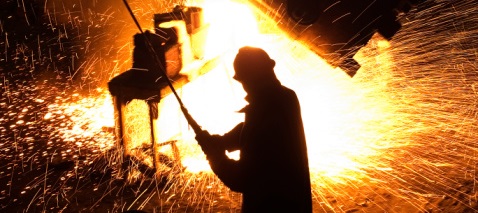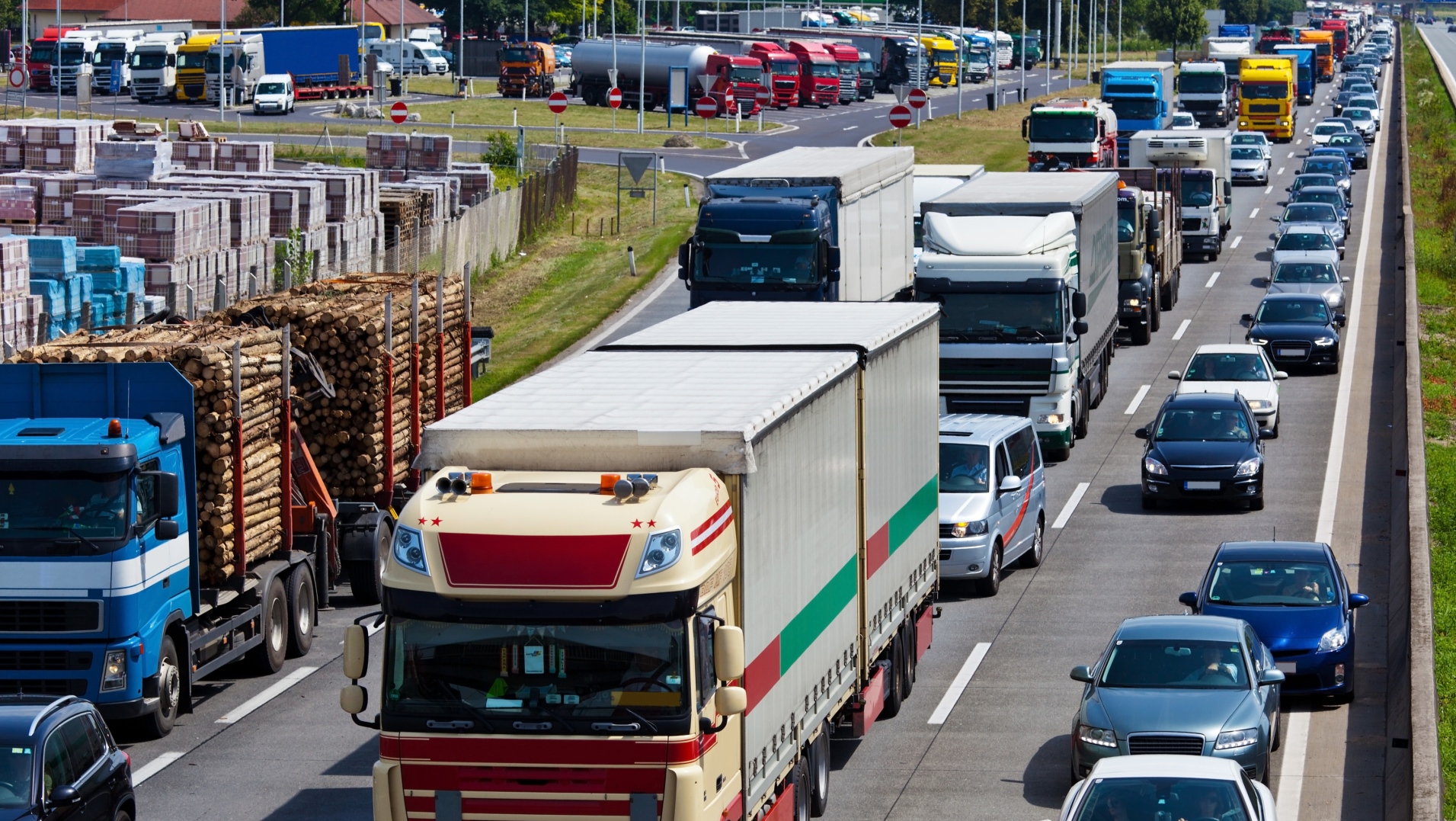Don’t â€pit workers against workers’
Leaked government proposals to radically curb EU migration after Brexit â€pits workers against workers’ and risks the country’s food security, Unite has said.
A home office document leaked to the Guardian proposes an immediate end to free movement after Brexit and the introduction of migration restrictions to put off all but the most highly skilled EU workers.
The document – dated August 2017 and marked extremely sensitive – sets out plans to reduce the number of new low-skilled EU workers by restricting their residency to two years. Workers in “high-skilled occupations” would receive visas valid for between three and five years.
The secret plans, which have not yet been cleared by ministers and would be “subject to negotiations with the EU”, include measures to end the right to settle in the UK for most EU migrants as well as restricting their rights to bring family members to the country.
Unite says the approach will not protect communities, jobs and workers’ rights, or end the exploitation of migrant workers.
Rate for the job
Unite general secretary Len McCluskey said, “We need a system that is fair and reasonable and changes the UK from a â€race-to-the-bottom’ to a â€rate-for-the-job’ economy, with employers stopped from paying workers from abroad less than others.
“Workers must not be pitted against workers. Only a rate-for-the-job economy will restore dignity and security to working life in this country.
“Yet neither this leaked document or the government’s approach to the Brexit negotiations do anything to assure our members that ensuring decent jobs and decent pay for all is even remotely in the minds of ministers.”
As well as being labelled a “disgrace” and “catastrophic” from shocked industry groups and politicians, the proposals prompted particular alarm in Northern Ireland, where they pose a direct threat to jobs in the agri-food sector.
Unite regional officer Sean McKeever said post-Brexit migration controls must reflect the particular challenges facing the food industry in Northern Ireland.
He said, “This leaked draft paper is highly concerning. Employers like Moy Park and Dunbia employ thousands of EU migrant workers across Northern Ireland, many in sites located in border areas.
“At the very least, ending EU migration here would result in a loss of future investment; at worst it might result in the relocation of production to the Republic of Ireland or accelerated job-losses through increased mechanisation.”
McKeever said the proposals could also push EU agriculture workers into the hands of criminal gangs looking to undercut labour costs.
He added, “Very many of those EU migrant workers in our agri-food industry are members of Unite. They have come here to make a future for themselves and contribute very substantially to the local economy. Moves by the Conservative government to criminalise them are completely unacceptable.”
UK agriculture impact
The plans would also affect agriculture across the rest of the UK, explained Unite member and food security expert Dr Charlie Clutterbuck.
Dr Clutterbuck, who has written a book on the future of Britain’s food after Brexit, said, “The east of England with all the vegetable pickers will be badly hit because again they’re classed as low skilled – you’re talking in the region of 70 or 80,000 seasonal workers.
“The plans would also affect the abattoirs, because just about all of those are staffed by EU migrant workers. The food sector as well; there are lots of low-skilled EU workers in coffee shops, cafes and restaurants.
“The basic thrust as it stands is it will just devastate a lot of the farm and food sectors. I can’t see how we will produce food. The NFU is saying the stuff will rot in the fields, but if you ask me it won’t even get planted. That means we will import more from abroad, whereas we should be producing more, not less, of our own food.”
Ultimately, Dr Clutterbuck said the UK needed to begin paying a proper “rate for the job” to attract domestic agriculture staff, rather than trying to punish migrant workers for fulfilling vital but low paid roles.
He said, “We can get round all this stuff by paying workers better wages. One of the ways to do this to pass on (farming subsidies) to land workers, rather than land owners – that’s the long term solution.”
 Like
Like Follow
Follow


